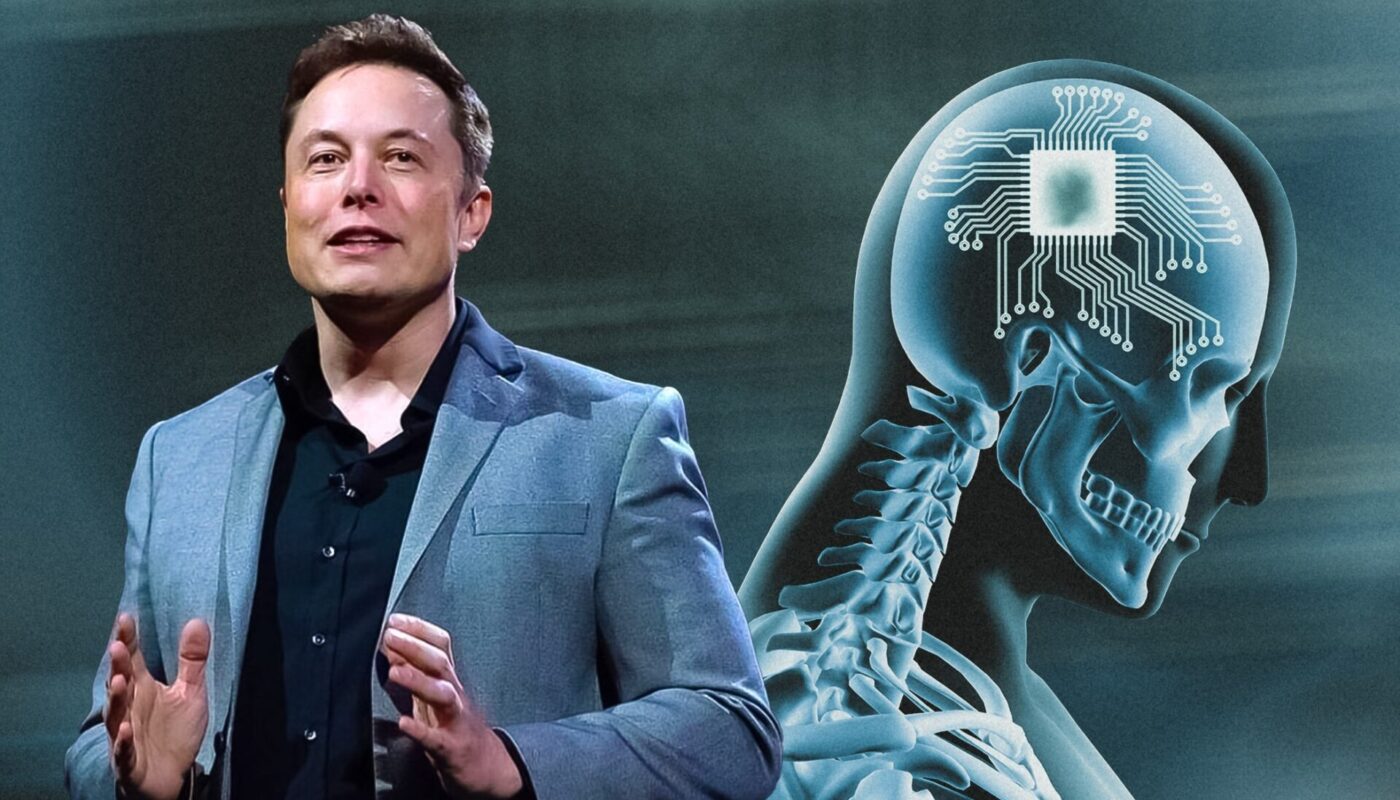Elon Musk and his team at Neuralink Corp. have made a groundbreaking move in the field of neuroscience by implanting a powerful computer chip in a living person’s brain. This development has pushed us closer to a future where we can control computers using our thoughts, resembling a scene out of a science fiction movie.
According to Musk, the patient who underwent the procedure is in good health, and the initial results are promising. However, the lack of specific details regarding this experiment has raised concerns among neuroscientists and bioethicists. Unlike other companies that typically share information about their research, Neuralink has been operating with an unprecedented level of secrecy.
Neuralink has not issued an official statement and has not responded to requests for comment. The trial has not been registered on ClinicalTrials.gov, a platform maintained by the U.S. National Institutes of Health, which raises further questions about the transparency of the process. Moreover, there is no information available about how the company defines or measures success.
The only source of public information regarding this experiment is a study brochure found on Neuralink’s website. Prior to this recent development, the company gained attention through a YouTube video showcasing a monkey playing the video game Pong using only its mind. The video garnered 6.6 million views, highlighting the public’s fascination with this type of technology.
The secretive nature of Neuralink’s approach worries the scientific community. Transparency and accountability are essential when conducting human experiments, and many experts argue that the company has not met these expectations. Jonathan Kimmelman, a researcher at McGill University, emphasizes the importance of transparency in medical research to evaluate the benefits against the risks and burdens.
While Musk’s previous ventures, such as SpaceX and Tesla, have faced initial challenges, the stakes are much higher when it comes to human experimentation. In the medical field, caution and incremental progress are paramount, and failure is not an option. Unlike the fast-paced tech industry, the consequences of mistakes can be devastating in human trials.
The secrecy surrounding Neuralink’s experiment also raises concerns about the dissemination of information. If a patient were to die during this Phase I safety study, it is unclear how the news would be communicated. While reporting such incidents to the FDA is mandatory, companies are not obligated to make public announcements.
Despite these concerns, the potential of Neuralink’s technology is immense. Beyond helping individuals with paralysis, stroke, and other debilitating conditions communicate more effectively, Musk envisions a future where healthy individuals can enhance their cognitive abilities. By linking our brains with computers, we could potentially download knowledge and upload thoughts, creating a symbiotic relationship with artificial intelligence.
The introduction of this technology has sparked intense debate and discussion about the ethical implications of human augmentation. As we edge closer to merging with machines, it becomes essential to navigate this uncharted territory with care, ensuring transparency, ethical guidelines, and the well-being of those involved in these groundbreaking experiments. The path towards a future of human-computer symbiosis is both exciting and challenging, and it remains to be seen how Neuralink’s experiment will shape the future of neuroscience and human potential.
*Note:
1. Source: Coherent Market Insights, Public sources, Desk research
2. We have leveraged AI tools to mine information and compile it




